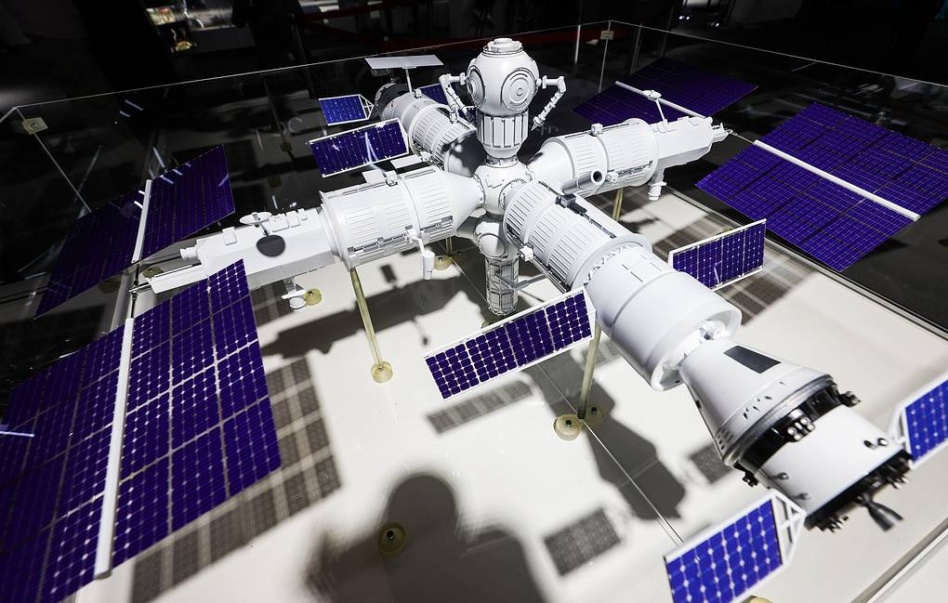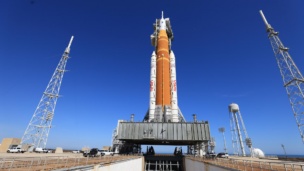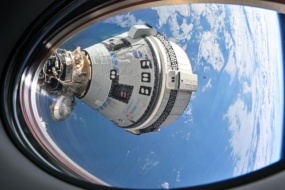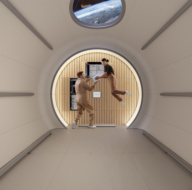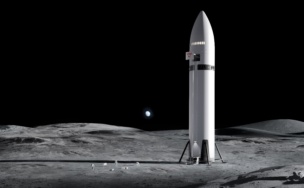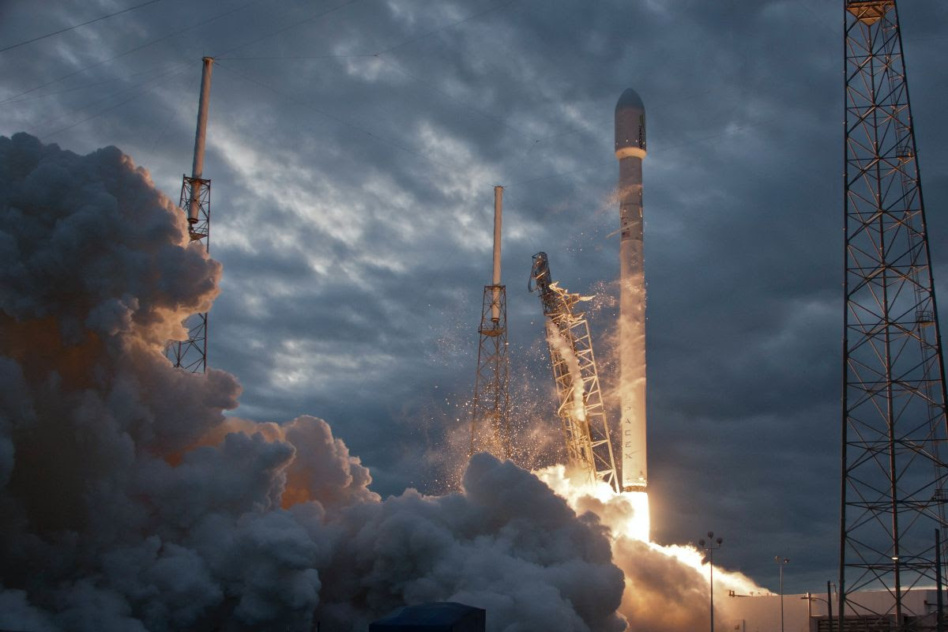Russia approved the initial designs for the Russian Orbital Station (ROS) earlier this week, revealing new details as the Kremlin prepares for life in space post-ISS.
While early plans for the station are moving forward, it’s not clear if Moscow will be able to follow through on its ambitious plans in LEO amid competing priorities such as its war in Ukraine, a plateauing launch program, and a partnership with China on the ILRS moon base project.
“The deployment of ROS is planned for the period from 2027 to 2032,” Roscomos wrote in a post on Telegram. The agency had previously said it is aiming to launch its first power module by 2027, with four additional modules slated to be installed after. Russia is committed to the ISS through 2028.
ROS details:
- The station will fly at an orbital inclination of 97 degrees, compared to the ISS inclination of 51.6 degrees, to boost coverage of Russian territories and mesh better with its ground control network, according to the space agency.
- The first mission will host just two cosmonauts.
- The station will be operated without cosmonauts aboard.
- According to state-run media outlet TASS, Roscosmos estimates the station will cost ~$6.6B—an ultra-low price tag compared to the $100B+ cost to build the ISS.
US commercial space stations: The US is also preparing for life after the ISS is decommissioned by 2030. Several commercial space stations are under development, including three (Blue Origin-led Orbital Reef, Voyager-led Starlab, and Axiom’s ISS modules) that have received significant NASA funding.
